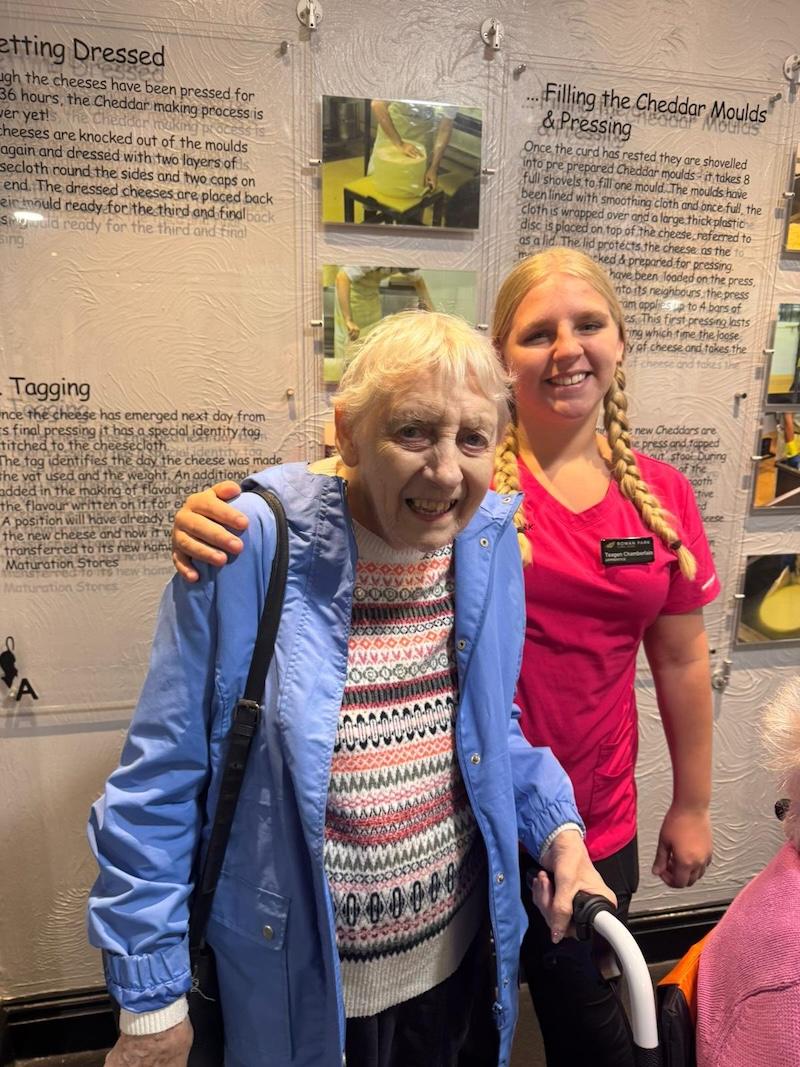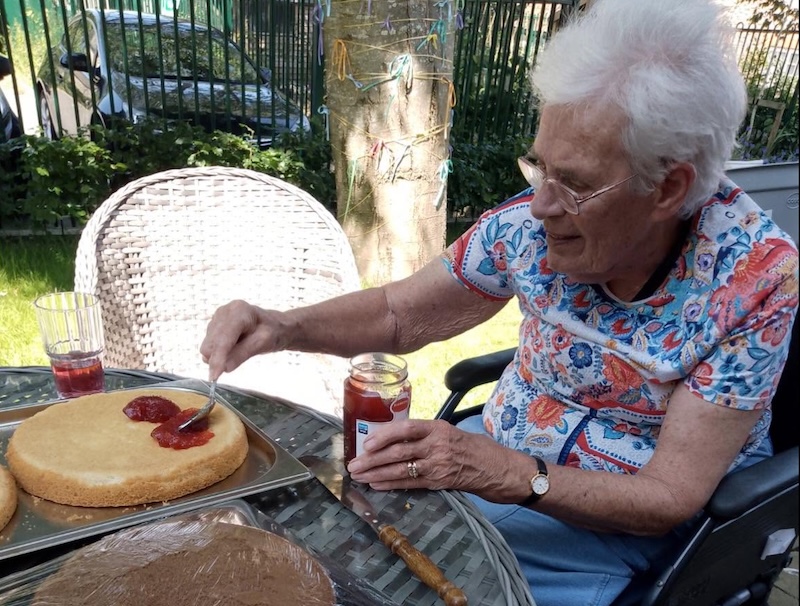What Is a Residential Care Home?

Deciding whether a loved one needs residential care is a major step for families, which often brings many questions and concerns. Residential care homes provide a supportive and safe environment for older adults or those with care needs who may struggle to live independently. Understanding what residential care entails, who it is for and how it differs from other types of care can help families make informed decisions with confidence. In this blog, we aim to provide more of a comprehensive understanding to help individuals and their loved ones have peace of mind when deciding to transition into care.
Defining Residential Care
A residential care home is somewhere where residents live together and receive assistance with daily living tasks such as personal care, washing, dressing and taking medication. Residential care homes do not typically provide continuous registered nursing care, although some offer support for people with mild to moderate medical conditions or dementia. The main focus is on helping residents maintain as much independence as possible while providing the necessary support to ensure their safety and well-being.
Qualified care assistants and dedicated care staff provide personal care and support within the residential setting. Services include help with household chores, meals, medication reminders and social activities tailored to residents’ interests. Many residents choose residential care because they require additional assistance with routine tasks but do not have complex medical needs requiring constant nursing attention.
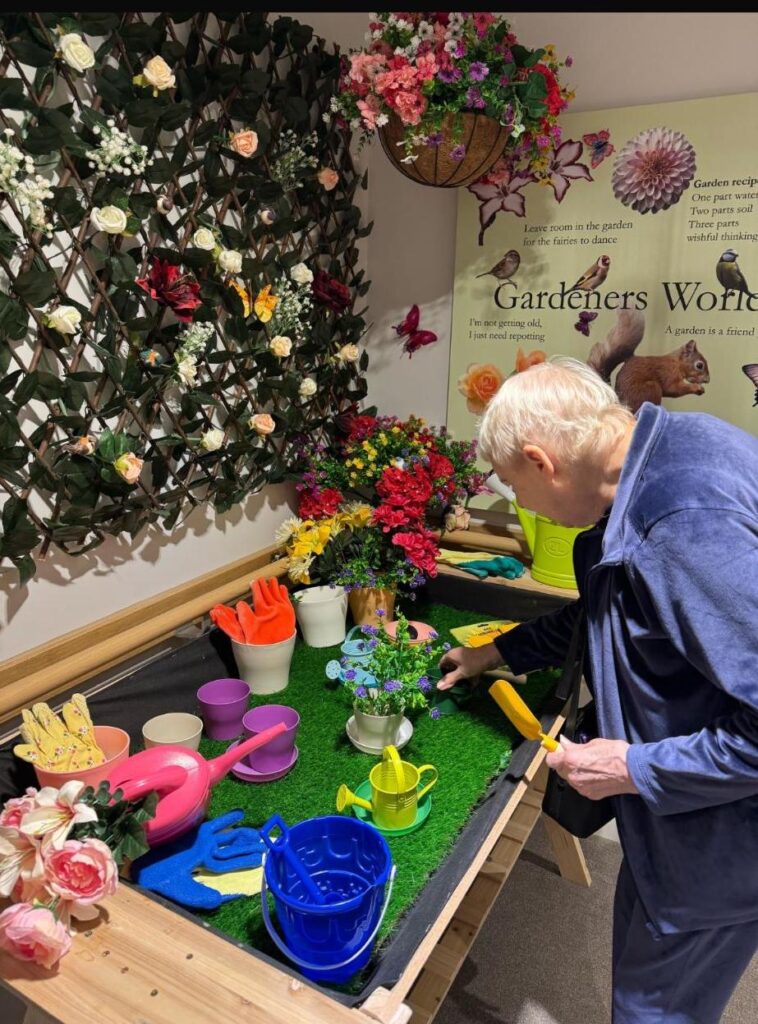
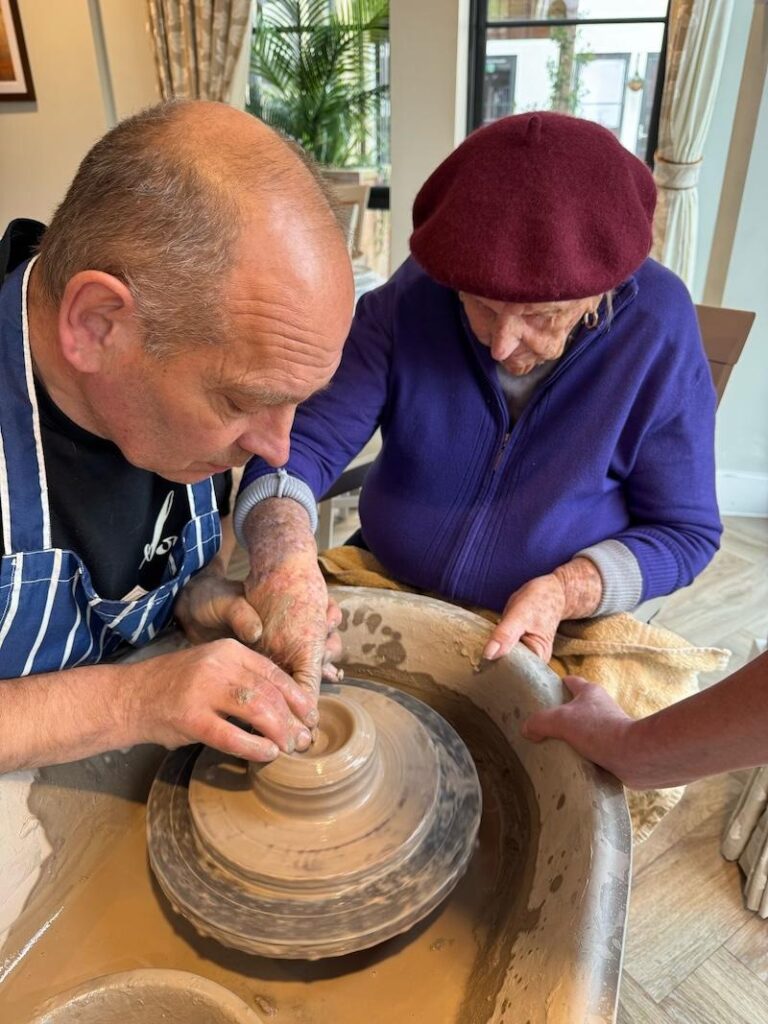
Who Is Residential Care Best Suited For?
Residential care is ideal for older adults who are no longer able to manage everyday life safely at home due to physical disabilities, memory difficulties or reduced mobility. It supports those who require additional personal care but do not require nursing care throughout the day. This includes people with early stages of dementia or those with conditions that affect their cognitive function.
Residents who struggle with household chores but wish to live in a group environment with like-minded individuals also benefit greatly from residential care. The social aspect is important, as many older people face loneliness when living alone, so having access to social events and community activities can reduce isolation and foster meaningful connections.
The Role of Care and Support in Residential Homes
Support in residential care homes is delivered through a holistic approach that addresses residents' physical, emotional and social needs. Care home staff are trained to observe residents' health and well-being daily and to adapt support and care plans as needs evolve. The emphasis is on personalised care, encouraging residents to participate in decisions about their care and day-to-day activities.
This level of physical support enables many people to maintain dignity and comfort while receiving practical help. Beyond physical care, emotional support and regular stimulation are integral parts of residential care services, as they ensure residents feel valued and respected.

Differences Between Residential Care and Nursing Care
When starting your care journey, it is important to understand the difference between residential and nursing care. Nursing homes have qualified nurses on site 24/7 who provide frequent medical attention to residents with complex or life-limiting medical conditions. Residential care homes may work alongside NHS-funded nursing care services or community nurses to support residents who develop greater healthcare needs over time.
However, the primary focus of residential homes is personal care rather than medical care. This distinction helps families decide whether residential care is appropriate or if nursing care might better suit their loved one’s health requirements. There are often care homes that offer both nursing care and residential care, meaning if residents' health requirements do progress, they can transition between care types without needing to find a new home.
The Social and Emotional Benefits
Living in a residential care home offers more than just physical support. Social activities, day trips and events are regularly organised in line with a person-centred care approach to keep residents mentally stimulated and actively involved in the area they call home. Engaging in activities that reflect each individual as a person can support their well-being and encourage new friendships.
Also, when you move into a residential care setting, the team get to know residents beyond their care needs and becomes like extended members of the family. Residents and their loved ones can enjoy peace of mind that they have somewhere they can truly call home in a warm community.
The Importance of a Needs Assessment and Local Authority Support
A comprehensive needs assessment conducted by the local council or healthcare professionals is often the first step when considering residential care. This assessment considers physical ability, mental health, safety concerns and social needs of each resident, helping them and their families to understand the kind of care and support required. In some cases, the local authority can assist with arranging care home placements and guidance on available services.
Families are always encouraged to participate in this assessment process to ensure that the care plan developed fits their loved one's preferences and needs. Open communication with care homes can further clarify what to expect and ease the transition.
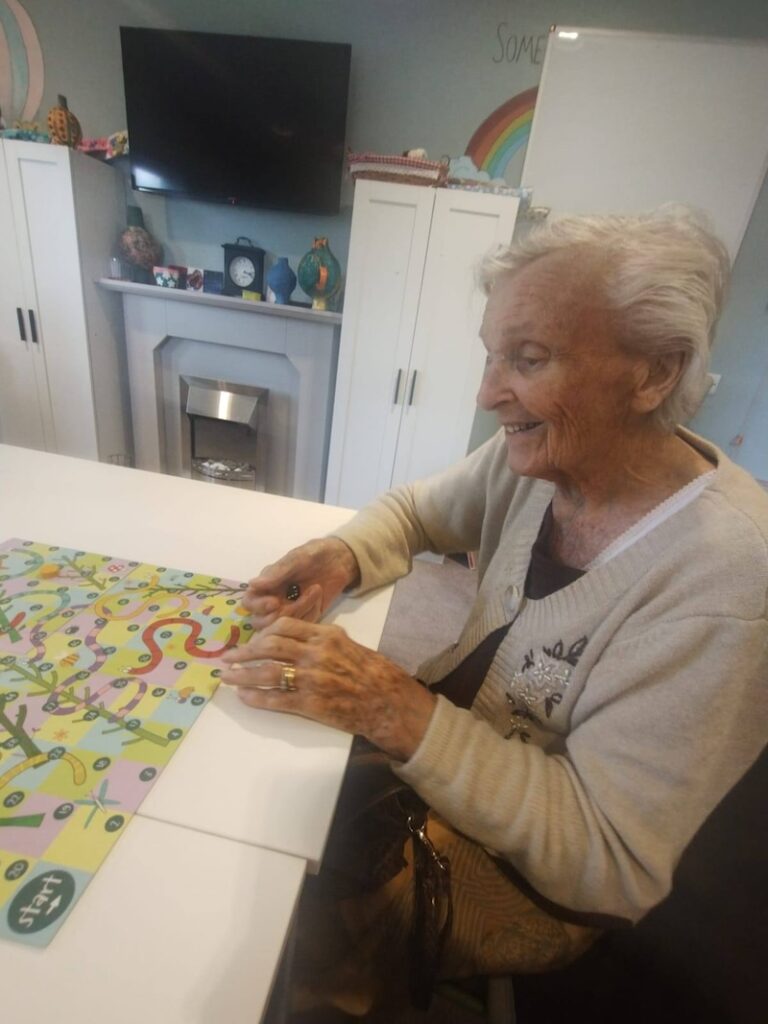
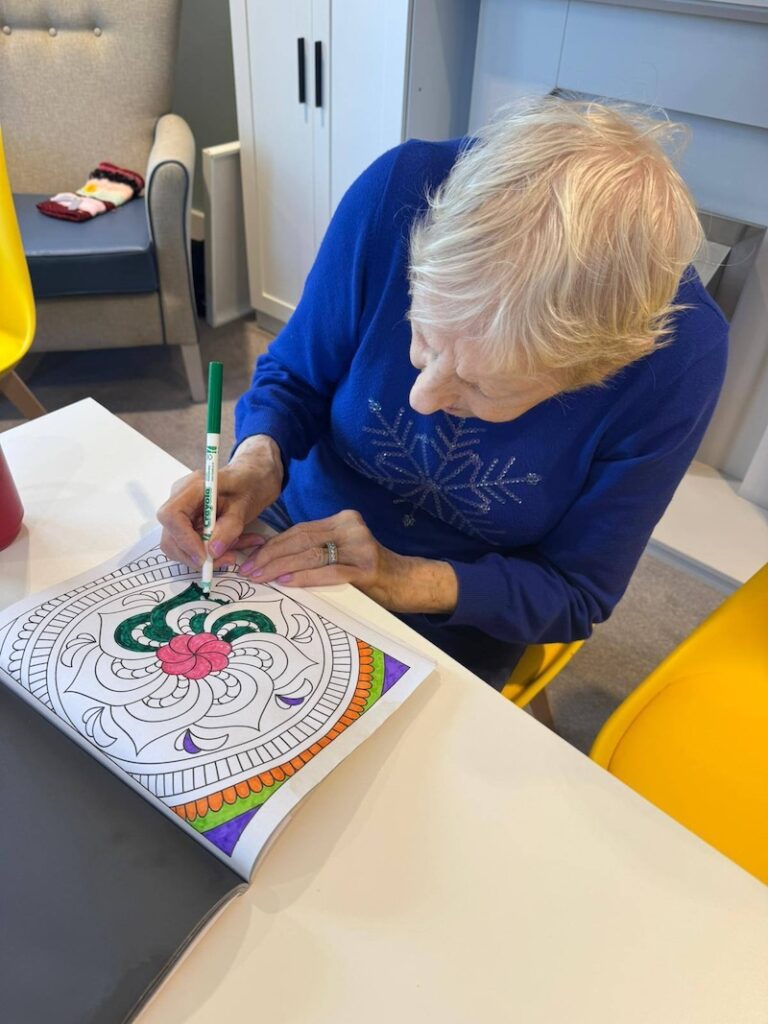
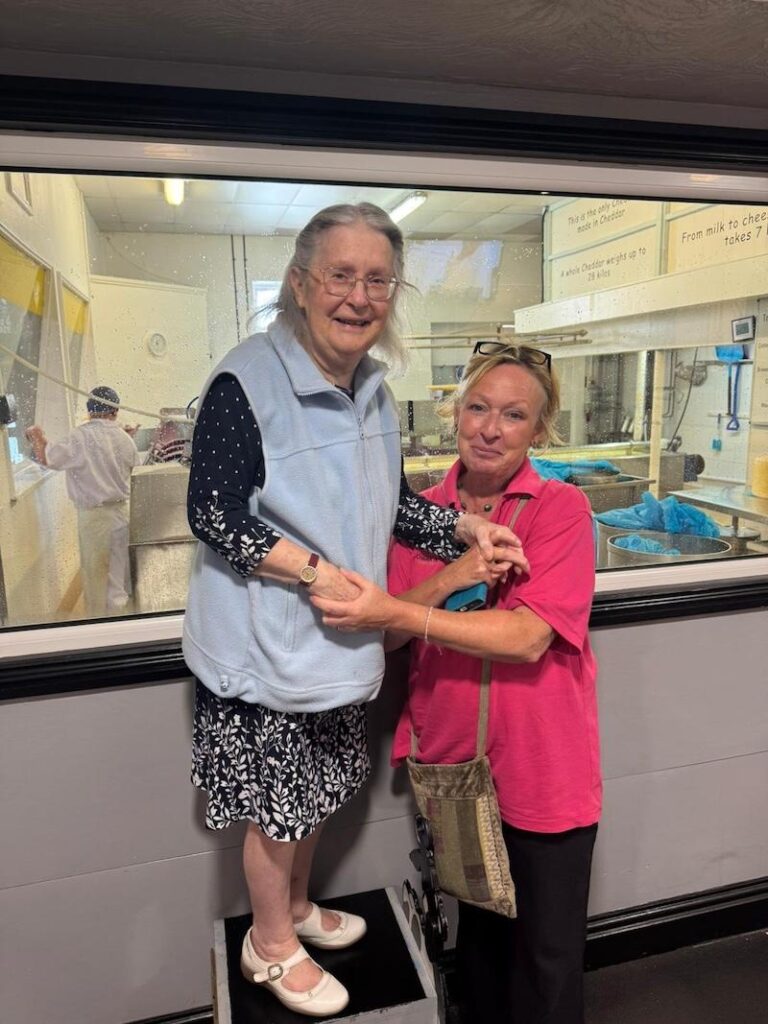
Residential Care at Rowan Park Care Home
At Rowan Park Care Home in Somerset, we offer a welcoming environment that combines residential care, nursing care, dementia care and respite care tailored to individual resident needs. Our dedicated team provides compassionate personal care, assisting with daily activities while promoting independence and dignity.
When residing with us at Rowan Park, they have unlimited access to our luxury facilities. With spacious en-suite bedrooms, a personalised activities programme, landscaped gardens and patio, hair salon and spa, library and cinema room, there is something for everybody to enjoy.
We understand how important it is for both residents and families to feel confident in the quality of care provided. With a strong focus on personalised support and well-being, we are proud to be a trusted care home in Radstock that enhances quality of life and meets changing needs with professionalism and warmth. To find out more about our residential care or to see our home for yourself, get in touch. We can't wait to meet you and your loved ones.



